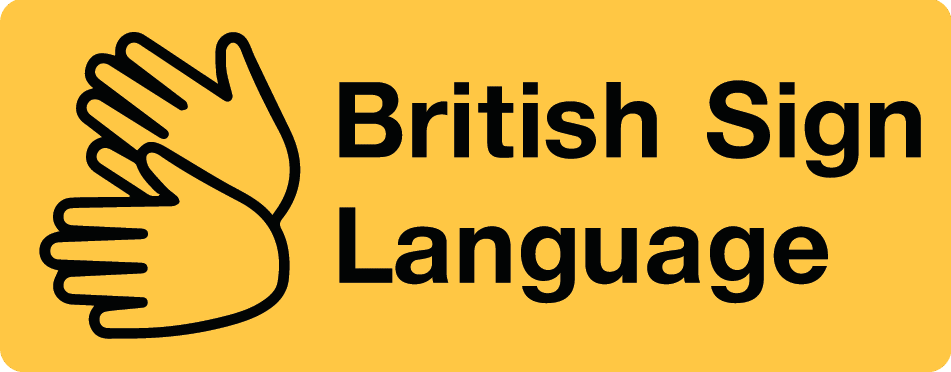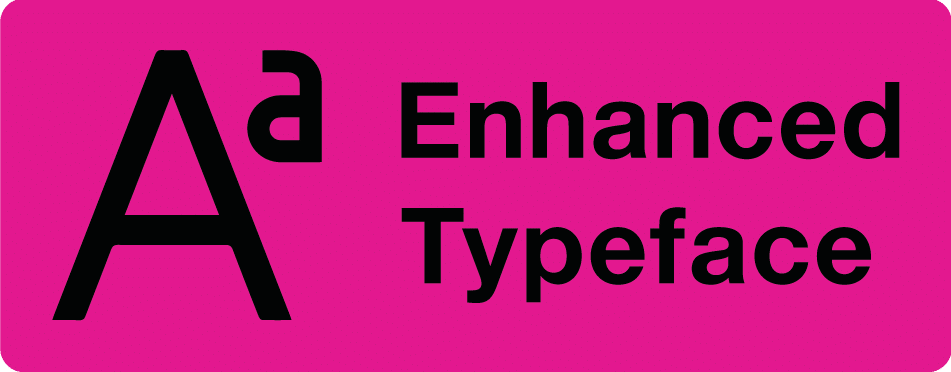Sign language is absolutely needed for a variety of reasons. Here’s a breakdown of its significance:
Essential for Deaf Communities:
- Primary Language: Sign languages are the native languages of Deaf communities worldwide. They are complete and complex languages with their own grammar, vocabulary, and cultural nuances. Without sign language, D/deaf individuals would be denied access to their own language and culture.
- Communication and Access: Sign language allows D/deaf people to communicate effectively with each other and the wider world. It provides access to information, education, employment, and social interactions. Without sign language, D/deaf individuals would face significant barriers to participation in society.
Benefits Beyond Deaf Communities:
- Enriches Communication: Sign language can be a valuable tool, even those who can hear. It can enhance communication in noisy environments, promote visual learning, and facilitate interaction with people from diverse backgrounds.
- Cognitive Advantages: Studies suggest that being bilingual in sign language and a spoken language can offer cognitive benefits, such as improved memory, attention, and problem-solving skills.
- Promotes Inclusion: Sign language plays a crucial role in creating a more inclusive society. By understanding and using basic signs, people can bridge the communication gap and foster understanding with Deaf individuals.
Beyond Spoken Language:
- Unique and Independent: It’s important to remember that sign languages are not simply signed versions of spoken languages. They have their own unique structure and expression methods, not reliant on spoken words.
Addressing Misconceptions:
- Universal Sign Language: There isn’t one universal sign language. Hundreds of distinct sign languages exist around the world, each with its own characteristics and regional variations.
Sign language is far more than just a way for D/deaf people to communicate. It’s a language with a rich history, cultural significance, and the potential to benefit everyone. By recognizing its importance, we can work towards a more inclusive world where everyone has the opportunity to connect and participate fully.




